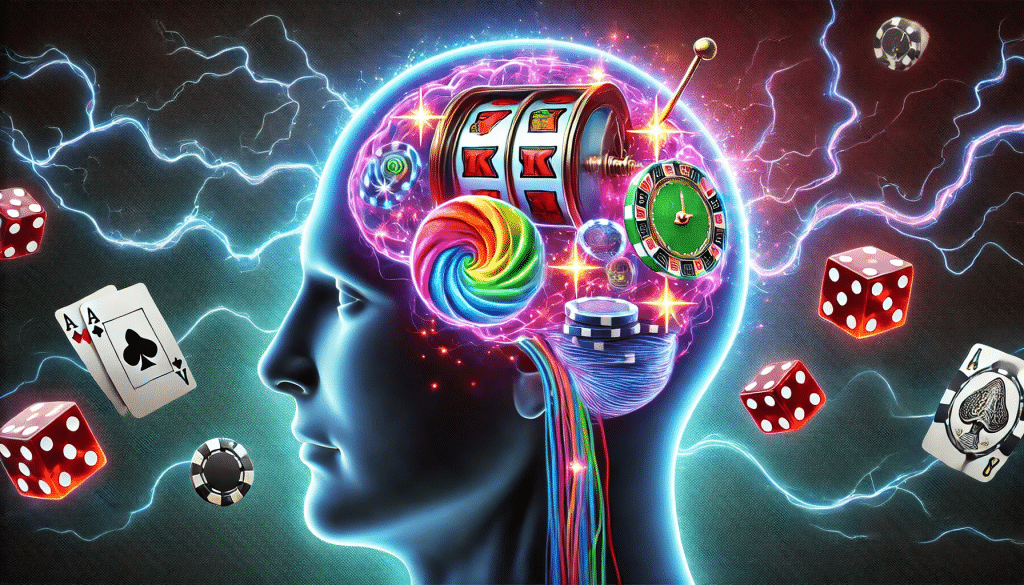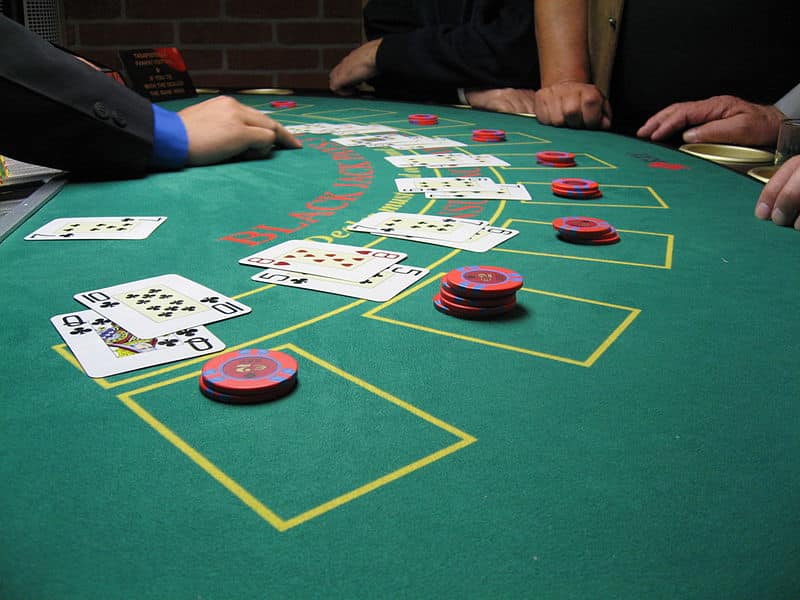Gambling is more than just a game of chance—it’s an experience carefully designed to keep players engaged and entertained. From the thrill of spinning pokies to the anticipation of a big win in blackjack, casinos use psychological tricks to stimulate the brain’s reward system.
For Australian players who enjoy online pokies Australia real money, understanding the psychology behind gambling can help in making smarter decisions and playing responsibly. This article explores why gambling is so exciting, the science behind addiction, and how to maintain control while still having fun.
The Psychological Tricks That Keep Players Engaged
Casinos and online gambling platforms don’t rely on luck alone—they use psychological techniques to keep players entertained and encourage continued play. Whether you’re in a land-based casino or playing online, these subtle tricks increase excitement and engagement.
How Casinos Use Psychological Triggers to Influence Players
There are several key psychological principles that enhance the thrill of gambling. Casinos use these tactics to keep players immersed in the experience, making them feel like a win is just around the corner.
- The Near-Miss Effect – When a player almost wins, the brain perceives it as being close to success, encouraging them to keep playing.
- The Gambler’s Fallacy – Players believe that past results affect future outcomes, even though each game is completely random.
- Random Reward Systems – Casinos use unpredictable payouts to create a sense of excitement and anticipation.
- Losses Disguised as Wins – Some pokies make small losses feel like wins by using flashing lights and celebratory sounds.
Understanding these psychological effects can help players make more informed decisions while gambling, ensuring they stay in control of their spending and emotions.
After learning about these tactics, let’s explore the science behind gambling addiction and why some players struggle to stop.
The Science Behind Gambling Addiction
For most people, gambling is just a fun, recreational activity. However, for some, it becomes compulsive, leading to risky financial decisions and emotional stress. This happens because gambling affects the brain’s reward system, much like drugs or alcohol.
How Gambling Affects the Brain
Gambling activates the dopamine system, which is responsible for pleasure and motivation. Every time a player wins, their brain releases a surge of dopamine, reinforcing the desire to continue gambling.
Here’s a breakdown of how gambling affects the brain:
- Excitement Builds – Anticipation of a win triggers dopamine release, creating a “high.”
- Wins Feel Rewarding – Even small wins provide a dopamine rush, reinforcing the habit.
- Losses Are Reframed – Casinos minimize the feeling of losing by presenting losses as “almost wins.”
The cycle of excitement and reward can lead to compulsive gambling, where players continue betting despite negative consequences.
Common Signs of Gambling Addiction
Recognizing gambling addiction early is crucial to preventing financial and emotional damage. Here are some warning signs:
- Spending more than planned – Exceeding the gambling budget regularly.
- Chasing losses – Trying to win back lost money by gambling even more.
- Lying about gambling habits – Hiding gambling activity from family and friends.
- Feeling anxious or stressed – Gambling becomes a source of tension rather than enjoyment.
If gambling starts affecting daily life, finances, or mental health, it’s important to seek help and adopt responsible gambling strategies.
How Casinos Use Sound, Lights, and Design to Influence Players
Casinos aren’t just about luck and strategy—they use carefully crafted environments to enhance the gambling experience. Bright lights, sounds, and immersive visuals all play a role in keeping players engaged.
The Role of Sounds and Lights in Gambling Behavior
Casinos use audio and visual cues to create excitement and encourage longer play sessions. Here’s how:
- Winning Sounds – Loud, celebratory noises trigger excitement, making wins feel bigger.
- Near-Miss Alerts – Pokies often play upbeat sounds even when the player barely misses a jackpot, creating the illusion of being close to winning.
- Bright, Flashing Lights – The glowing screens and colorful animations keep players visually stimulated.
Understanding these design elements can help players stay aware of how casinos influence their gambling behavior. Now that we’ve covered the psychological tactics used by casinos, let’s discuss strategies to gamble responsibly.
Responsible Gambling Strategies: How to Stay in Control
Gambling should always be a form of entertainment, not a way to make money or escape stress.
- Set a Budget – Decide on a spending limit before playing and never exceed it.
- Use Time Limits – Take regular breaks to avoid playing longer than planned.
- Avoid Chasing Losses – Accept losses and don’t try to win them back with bigger bets.
- Play for Fun, Not Profit – Treat gambling as a leisure activity, not a money-making strategy.
Setting limits and recognizing when to stop is key to maintaining a healthy gambling habit.
How Online Casinos Promote Responsible Gambling
Many reputable online casinos provide built-in tools to help players stay in control. These include:
- Deposit Limits – Players can set daily, weekly, or monthly spending limits.
- Self-Exclusion Programs – Gamblers can temporarily or permanently block their accounts.
- Reality Check Notifications – Alerts reminding players how long they’ve been playing.
These tools ensure that gambling remains a fun and safe activity for everyone.
Final Thoughts
Gambling is designed to excite and engage players, but understanding the psychology behind it is crucial for staying in control. Casinos use near-miss effects, bright lights, and unpredictable rewards to keep players immersed in the experience.
By recognizing these psychological triggers, players can make smarter betting decisions, set limits, and enjoy gambling responsibly. If gambling ever becomes overwhelming, stepping away or seeking help is the best way to ensure a healthy balance between fun and responsibility.



















